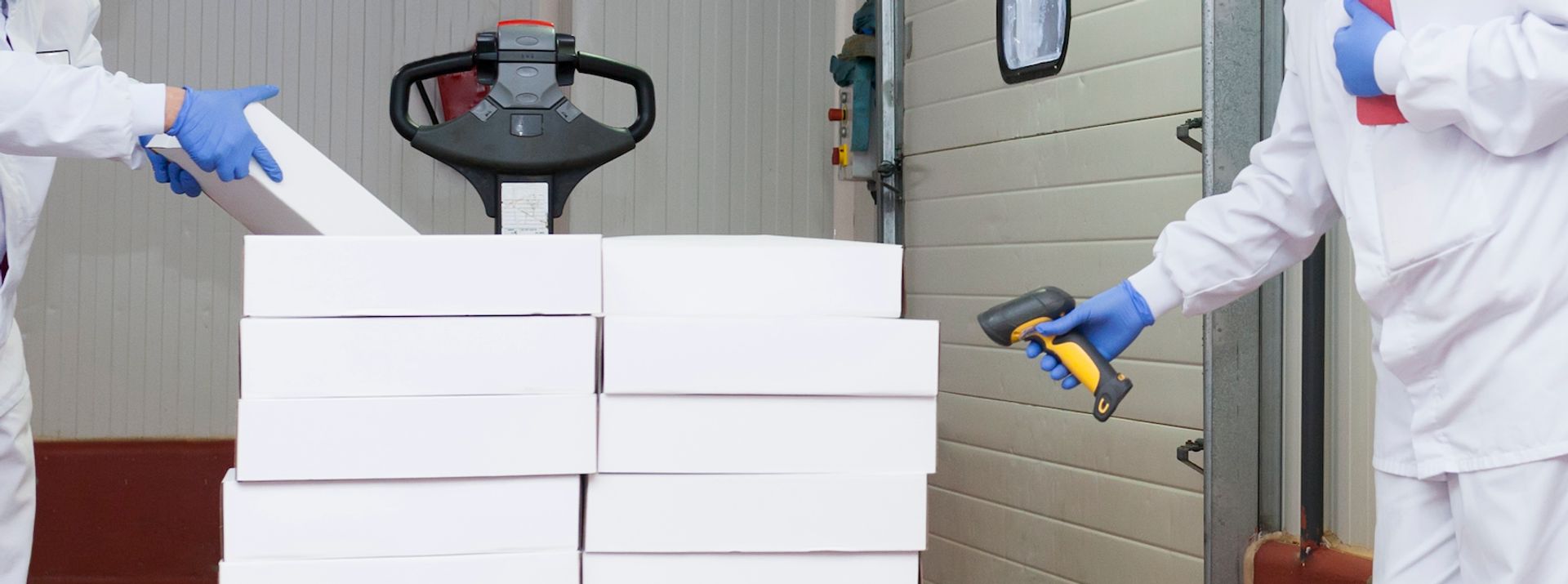The meat industry is extremely important for Brazilian agribusiness and contributes significantly to the economy.
Chile is a major importer of Brazilian beef and has a special feature: beef must be certified in accordance with Meat Law No. 19.162.
The certification of beef consumed in Chile, regardless of whether it is produced locally or imported, must be carried out in compliance with the requirements set out in Meat Law No. 19.162.
Therefore, the rigidity of the process ensures that the product complies with the legislative requirements demanded by Chile, guaranteeing the quality of the meat and denoting safety for Chilean consumers.
What is Meat Law No. 19.162 all about?
This law covers the certification of the entire process, from the slaughterhouses of origin, the class of the cattle, the category of the carcasses, the nomenclature of the cuts, the refrigeration of the meat and the means of transporting the standing cattle and the meat.
The certification process under Meat Law No. 19,162 must be carried out by professionals in the livestock sector who have passed a course on the matters to be certified, carried out by training bodies authorized by the SAG - Servicio Agrícola y Ganadero (Agricultural and Livestock Service). These professionals, known as certifiers, must be present throughout the process.
Meat Law No. 19.162 is made up of 11 articles, 4 decrees and 4 Chilean standards, which underpin all the technical and health criteria that must be met for the certification process.
The decrees are as follows:
Decree No. 239 (1993): General Regulations on the Cattle Classification System, Classification, Branding and Marketing of Bovine Meat.
Decree No. 240 (1993): General Regulations for the Transport of Cattle and Meat.
Decree No. 94 (2009): Approves regulations on the structure and operation of slaughterhouses, slaughterhouses, cold stores and deboning plants and sets minimum equipment for such establishments.
Decree No. 32 (2002): Regulations for accrediting the quality of certification entity of Law No. 19,162.
Chilean standards refer to:
NCh 1423.Of. 1994: Bovine cattle - Terminology and classification.
NCh 1306.Of. 2015: Bovine carcasses - Definitions and classification.
NCh 1424.Of.2002: Bovine carcasses - Typification marks.
NCh 1596.Of.1999: Minor or basic cuts of bovine meat.
Who is interested in the certification of Meat Law No. 19.162?
All slaughterhouses authorized to export beef to Chile and wishing to expand their presence in the Chilean market.
Advantages of obtaining certification
This robust set of regulations and standards brings a number of significant benefits, reinforcing the quality and safety of products and the confidence of Chilean consumers. Here are some of the main benefits of this certification:
Quality assurance: Ensures that the meat sold meets strict quality standards at every stage of the process.
Traceability: It offers a complete traceability system, which makes it possible to identify everything from the origin of the cattle to the final product.
Competitiveness: Companies that have their products certified can differentiate themselves in the market, highlighting their commitment to quality and safety.
Legal compliance: Ensures that products comply with legislative requirements.
Need more information?
By contacting QIMA you agree to our privacy policy and terms and conditions.
Why choose QIMA for beef certification in Chile?
Seamless Communication & Service
Responsive technical support at every stage
Transparent certification process & on-time certification delivery
Exceptional service quality validated by 72 NPS score
Cost & Time Optimization
Multi-scheme audits reduce site visits and costs
Streamlined processes minimize operational disruption
Optimized local auditor deployment
Industry Leadership
30+ years pioneering food safety, organic, and sustainable standards
Comprehensive farm-to-fork certification ecosystem
Advanced technology for compliance monitoring
